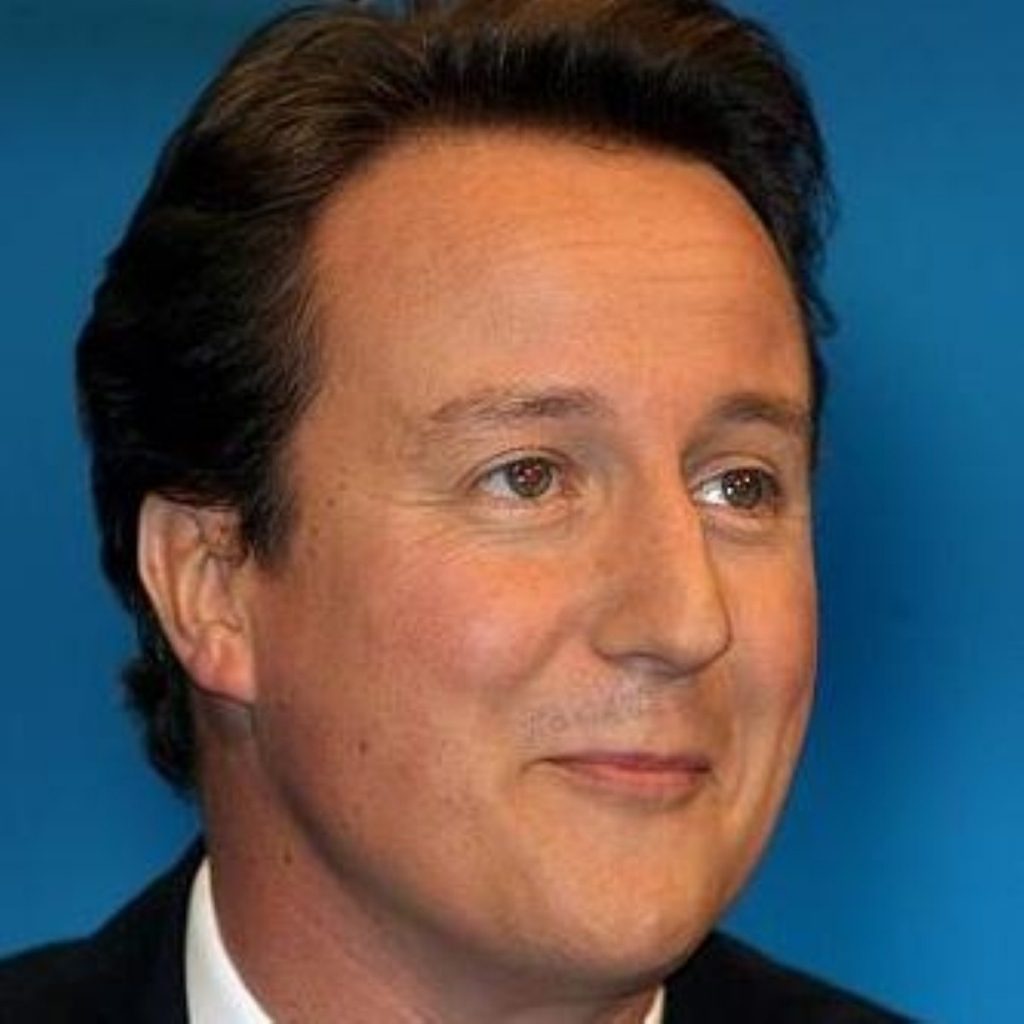Tories attack rising cost of living
Living costs in the UK have increased by £27 a week for British families since Gordon Brown became prime minister, research carried out by the Conservative party claims.
According to the party, increases in weekly household shopping bills, energy costs and council tax rises have all driven up the cost of living in the UK.
The party claims the rises far outweigh official figures and has questioned the real cost of living across the country.
The research – The Cost of Living under Labour – finds the price of butter increased by 37 per cent over the last nine months, while a pint of milk is up 17 per cent, and a dozen eggs are now 34 per cent more expensive.


More significantly, gas and fuel prices have increased by ten per cent, followed by petrol prices, which have seen an eight per cent increase.
Overall, rising inflation means household spending on basics rose to an average of £388 a week in January, a five per cent rise when compared to 2007.
At the same time, the Tories claimed, real incomes have fallen, down £215 in the last two years alone – the equivalent to a £15 salary cut each month.
The party also attacked tax increases, claiming this month’s Budget will see £110 added to the average family’s annual tax bill.
“Labour now seems so out of touch with the lives of working people that they keep on making things worse, with an extra £110 of taxes a year in the Budget for the average family,” said the party’s leader, David Cameron.
He added that a new Conservative government would undertake “a long-term plan” to fix the country’s finances and “cut taxes and the cost of living”.
However, the Labour party has rejected the criticisms, arguing global forces, largely beyond the control of government, are to blame for the increases.
“With increases in world fuel prices and a global credit queeze, the most important thing for families is economic stability here at home to keep overall inflation and interest rates low and employment high – something the Conservatives still fail to understand,” said Yvette Cooper, chief secretary to the Treasury.









